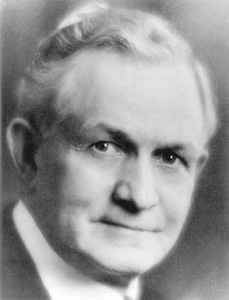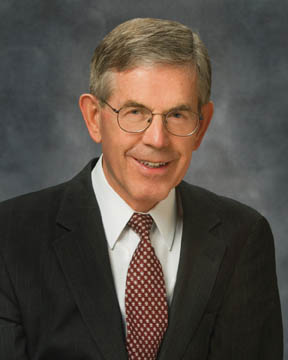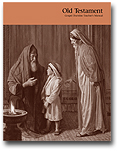Category: december
-
A Christmas wish
If your parents or grandparents die of Covid-19, please make sure the disease appears as the cause of death in their obituaries.
-

Partaking of the Fruit of the Tree
One of my favorite parts of Christmas is sitting in the darkened living room, gazing at the lighted tree. There is something magical and transfixing about the warm, gentle light, the fragrance of pine, and the palpable presence of nature that fills my home with its incongruous beauty. I have many memories of reading Scripture…
-

Quotes of Note- McKay on Running the Church
“Men must learn that in presiding over the Church we are dealing with human hearts, that individual rights are sacred, and the human soul is tender. We cannot run the Church like a business.”-David O. McKay Diaries, May 17, 1962, as quoted in “David O. McKay and the Twin Sisters’: Free Agency and Tolerance” by…
-

Quotes of Note: Elder Hafen on Independence
Quotes of Note will be a recurring series of lesser-known General Authority statements of interest, as conversation starters. I’m starting with a favorite. “We need to develop the capacity to form judgments of our own about the value of ideas, opportunities, or people who may come into our lives. We won’t always have the security…
-

Beyond Translation: Job and Isaiah at Ugarit? Part 2
In Part 1, I promised some Biblical examples of where translation alone fails to convey all the meaning an Israelite would have grasped. I’ve broken these examples into three fuzzy categories. 1) Israel is often described in the Torah as a “land flowing with milk and honey.” We probably all have milk and honey in…
-
Helpless as a Baby
This is the time of year for Christmas devotions. This year my thoughts have been on the impulse to serve the needy that we have at Christmas. We don’t have it at Easter. My thoughts have also been on the Christ child. The religious significance of the grown Christ, on the cross and in the…
-
December and Magic
December, like childhood, is an opportunity for us to experience an enchanted world, and regain some of the understanding we too quickly lose – and often anxiously jettison – after childhood.
-

Christmas with Autism
In April of 2008, our son Samuel was diagnosed with autism . . . But in this Christmas week, I wanted to share some specific experiences that we have had with our special needs child, first the challenges that the holiday posed and then the wonderful blessings that we have experienced together as a family.…
-
Unsung: By prophet bards foretold
The text “It Came Upon the Midnight Clear,” written by Unitarian minister Edward Sears, included haunting verses about war and social inequity. Nowadays, there are several versions of the hymn, as different denominations (including the LDS church) have altered the words in one form or other. The original words remain well worth reading (and singing)…
-

December: Preparing for the Annual Sunday School Curriculum Reboot
In the Church, December means different things to different people. If you’re three, you will soon be exiled from that zone of energetic irreverence known as Nursery to your first real class, Sunbeams. If you’re a bishop, holiday cheer is tempered by the month-long grind of tithing settlement. But one change we all look forward…
-
I’m Sick and Tired of December
I’m not Scrooge and I’m not the Grinch, either—but December is enough to make me feel like one of those guys. It’s only December 6, and I’m feeling sick and tired of this month. Could we schedule anything else? Seriously. I cut back on parties and try to simplify, just like nice mommy articles suggest.…
